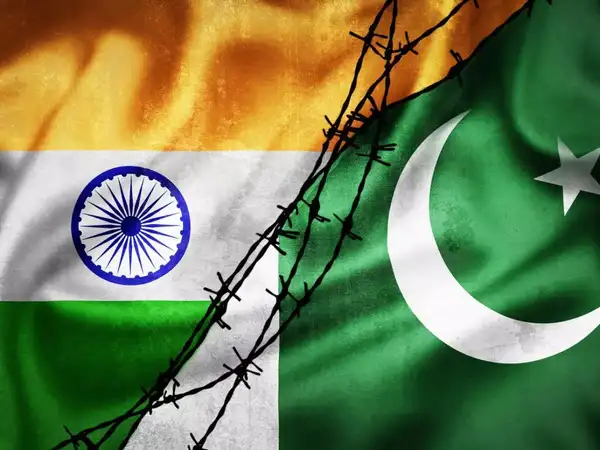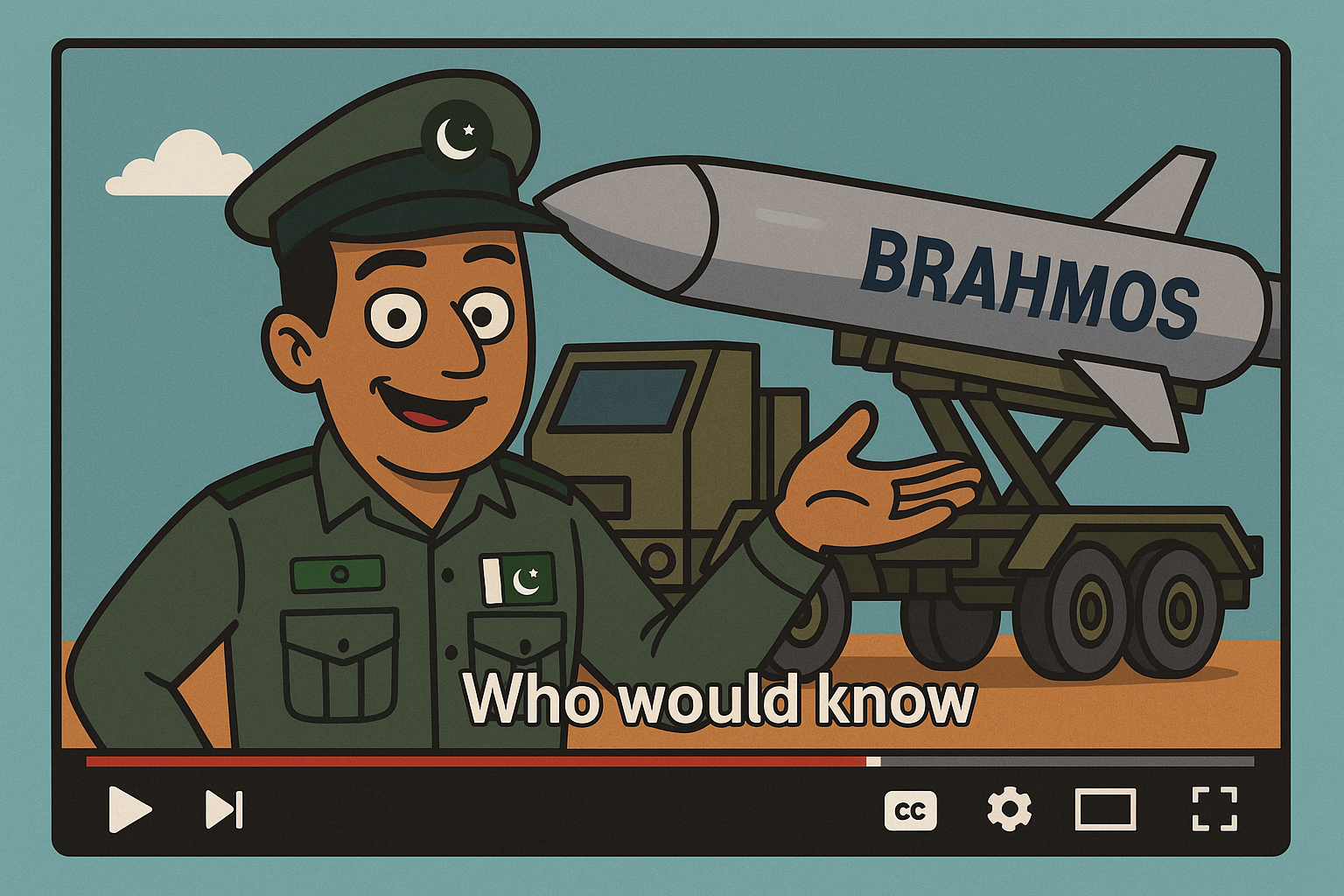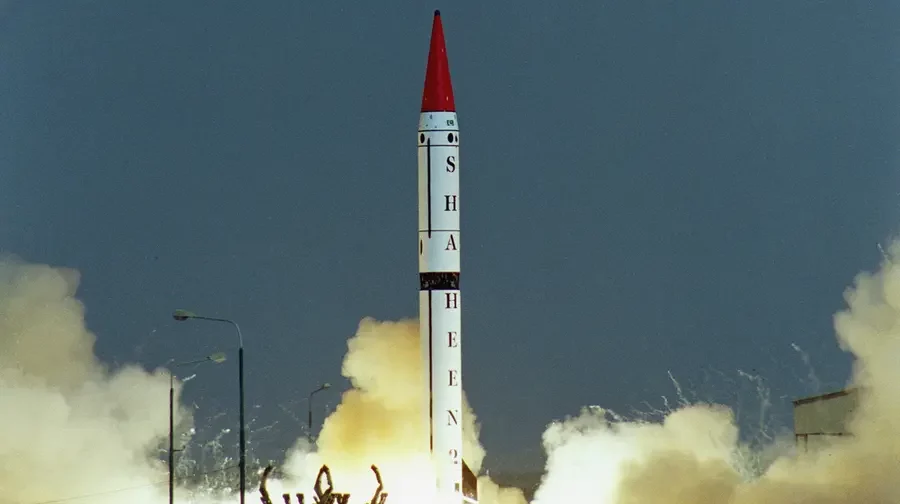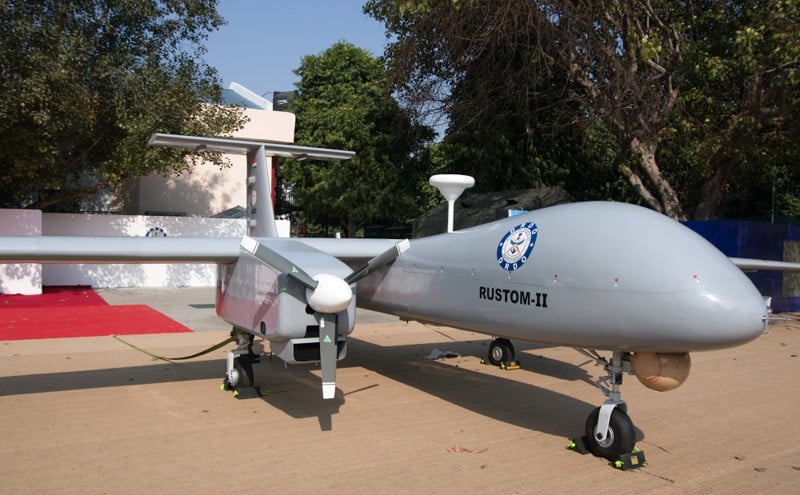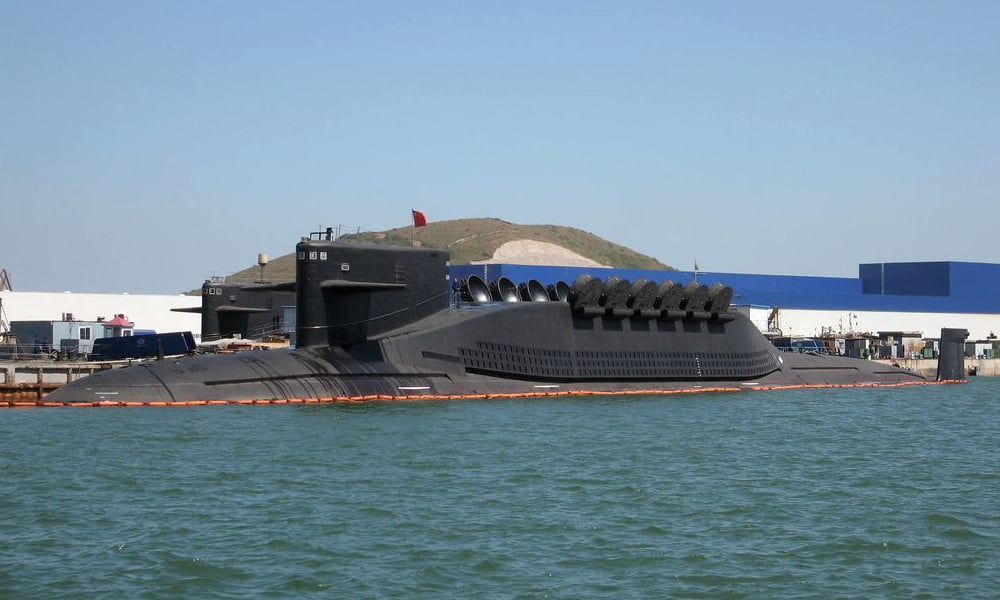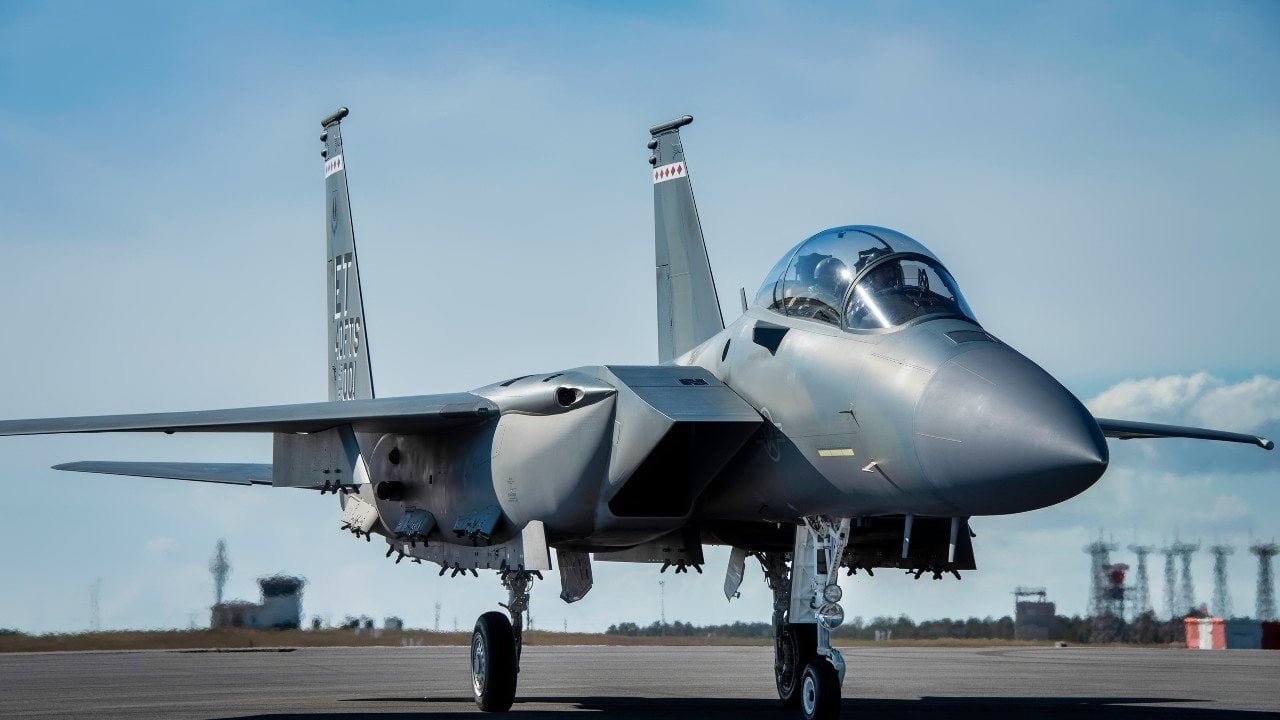India Bans All Forms of Imports from Pakistan
In a significant move, India has announced a complete ban on the direct and indirect import of all goods from…
Pakistan’s Air Force Falsely Showcases India’s BrahMos Missile in its Inventory
In a move that has sparked outrage and mockery, the Directorate General of Public Relations (DGPR) of the Pakistan Air…
Pakistan Conducts Test of Enhanced-Range Abdali Missile With Range of 450 km
In a sharp escalation of regional tensions, Pakistan on Saturday conducted a test launch of its Abdali surface-to-surface ballistic missile,…
IAF Wants High-Altitude Surveillance Drones to Boost Border Monitoring
In a decisive move to strengthen its strategic surveillance and intelligence infrastructure, the Indian Air Force (IAF) has issued a…
China Publicly Reveals Specifications of Type 094 Nuclear Submarine for the First Time
For the first time since its induction in 2007, the People’s Liberation Army (PLA) has officially released detailed specifications of…
Boeing Delivers Ninth F-15EX Eagle II to Oregon Air National Guard
Boeing announced the delivery of the ninth F-15EX Eagle II multi-role combat aircraft to the Oregon Air National Guard’s 142nd…

